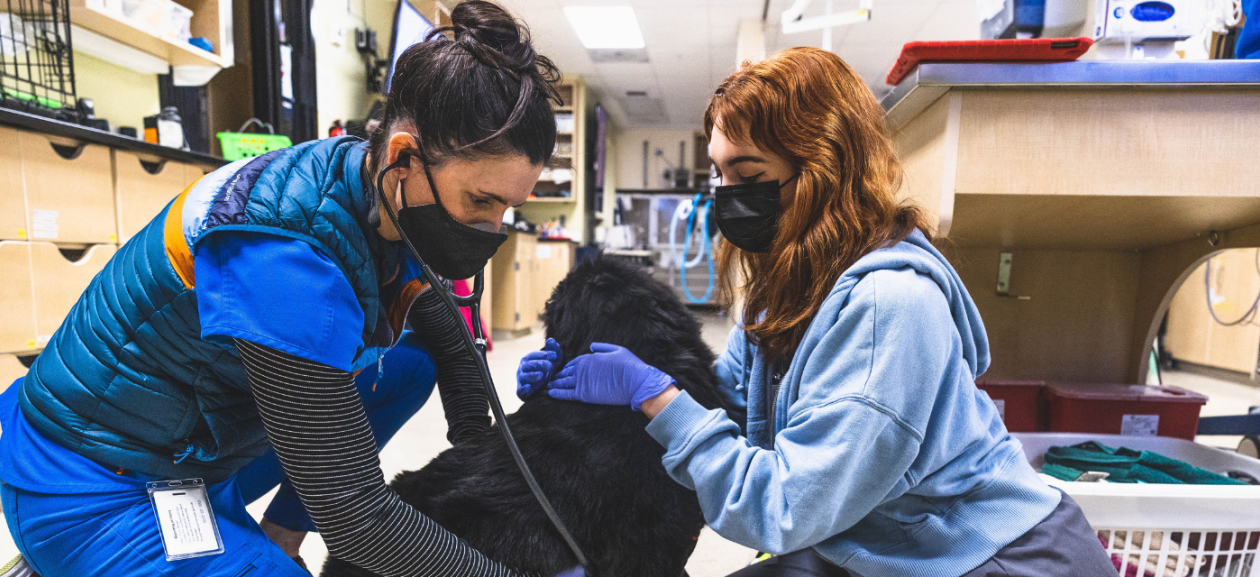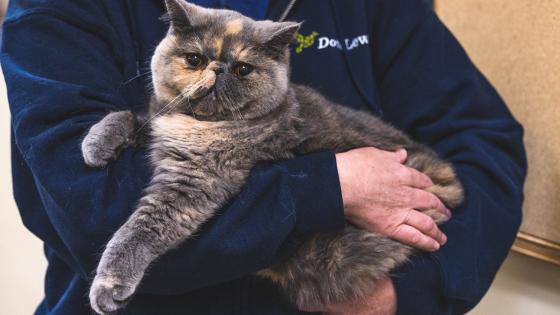
Embracing Entrustable Professional Activities (EPAs) for Emergency Veterinarians
In the fast-paced world of veterinary emergency medicine, DVMs face unique challenges that demand a high level of skill, expertise, and decision-making ability. To ensure that emergency veterinarians are adequately prepared for their critical roles, the concept of Entrustable Professional Activities (EPAs) has gained significant attention. EPAs have proven to be valuable tools in assessing and guiding the development of human healthcare professionals, enhancing their competency, and ultimately leading to better patient care and outcomes. These tools will now become a part of veterinary medicine training as EPAs are a major component of the DoveLewis Veterinarian Mentorship Program.
What are Entrustable Professional Activities?
Entrustable Professional Activities (EPAs) are defined as the essential tasks or responsibilities that a competent professional should be able to perform unsupervised once they have completed their training. In the context of emergency veterinary medicine, EPAs are specific clinical tasks that an emergency veterinarian must be able to handle with confidence and competence.
The concept of EPAs is based on the premise that simply accumulating knowledge and technical skills is not enough to ensure a veterinarian's preparedness for independent practice. Instead, it focuses on evaluating their ability to apply that knowledge effectively in real-world scenarios and their capacity to take ownership of patient care. These activities serve as valuable tools for assessing the readiness and competence of emergency veterinarians, guiding their training, and ultimately ensuring the delivery of high-quality patient care in critical situations.
Benefits of Embracing EPAs
DoveLewis is one of the first programs to practice EPAs in veterinary medicine as a way to move away from the old sink-or-swim mentality and instead focus on guided support that leads to competency and confidence. Benefits include:
- Focused Learning: Multiple smaller skills make up the broader goal of an EPA. EPAs provide clear objectives for emergency veterinarians to focus their learning efforts on the most critical and practical skills needed for their practice.
- Individualized Training: The assessment of EPAs allows for personalized feedback, helping veterinarians identify areas for improvement and tailor their learning experiences accordingly.
- Enhanced Patient Safety: By ensuring that emergency veterinarians are competent in essential tasks, EPAs contribute to safer and more efficient patient care.
- Professional Growth and Satisfaction: Mastering EPAs boosts veterinarians' confidence in their abilities, leading to greater job satisfaction and a sense of fulfillment in their practice.
- Standardized Evaluation: The use of EPAs promotes consistency in assessing emergency veterinarians' readiness for independent practice, ensuring a standardized level of competency across the profession.
Entrustable Professional Activities offer a transformative approach to training and assessing emergency veterinarians. EPAs enable veterinarians to develop the expertise and confidence needed to excel in their roles. By focusing on essential tasks and real-world scenarios, EPAs empower emergency veterinarians to deliver the highest standard of care in critical situations.




